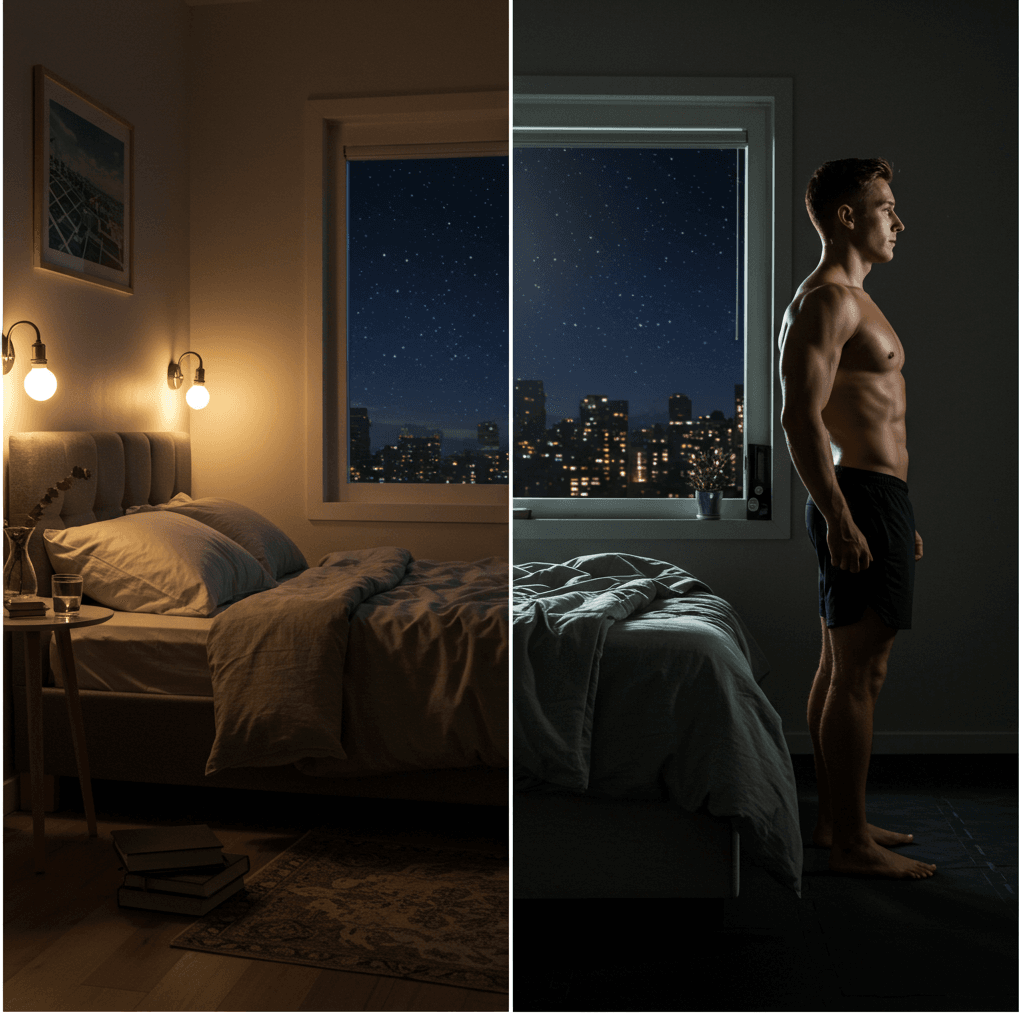
Getting quality sleep is one of the most important factors for maintaining good physical health. Sleep affects everything from muscle recovery to immune function and even weight management. However, many people struggle with poor sleep due to stress, lifestyle habits, or environmental factors. In this article, we will explore the importance of sleep for physical health and provide practical tips to improve sleep quality.
Why Is Sleep Important for Physical Health?
Sleep is not just a time of rest—it is a crucial period when the body repairs and regenerates itself. Here are some key benefits of good sleep:
1. Muscle Recovery and Growth
During deep sleep, the body releases growth hormone, which helps repair muscle tissue and build strength. This is essential for athletes and anyone engaging in regular exercise.
2. Immune System Boost
Lack of sleep weakens the immune system, making the body more vulnerable to infections and illnesses. Quality sleep helps the body fight off viruses and bacteria more effectively.
3. Weight Management
Poor sleep is linked to weight gain and obesity. Sleep deprivation increases ghrelin (hunger hormone) and decreases leptin (satiety hormone), leading to overeating and cravings for unhealthy foods.
4. Heart Health
Sleep plays a role in regulating blood pressure and reducing the risk of heart disease. Chronic sleep deprivation has been linked to high blood pressure, inflammation, and an increased risk of stroke.
5. Energy and Physical Performance
Athletes and active individuals need sleep for endurance, reaction time, and overall performance. A well-rested body performs better in workouts and daily activities.
How to Sleep Better: 10 Practical Tips
1. Stick to a Sleep Schedule
Going to bed and waking up at the same time every day—even on weekends—helps regulate your body’s internal clock, making it easier to fall asleep and wake up refreshed.
2. Create a Relaxing Bedtime Routine
Engage in relaxing activities before bed, such as reading, taking a warm bath, or practicing meditation. Avoid stimulating activities like watching TV or scrolling on your phone.
3. Optimize Your Sleep Environment
- Keep your bedroom cool (around 18°C or 65°F)
- Use blackout curtains to block light
- Reduce noise with earplugs or a white noise machine
- Invest in a comfortable mattress and pillow
4. Limit Caffeine and Alcohol
Caffeine can stay in your system for 6–8 hours, so avoid coffee, energy drinks, and sodas in the late afternoon and evening. Alcohol may make you feel sleepy but can disrupt deep sleep cycles.
5. Avoid Heavy Meals Before Bed
Eating large meals close to bedtime can cause discomfort and indigestion, making it harder to sleep. If you need a snack, choose light options like a banana or a handful of nuts.
6. Get Exposure to Natural Light During the Day
Sunlight helps regulate melatonin production, the hormone responsible for sleep. Spend time outdoors during the day or open your windows to get natural light exposure.
7. Reduce Screen Time Before Bed
Blue light from phones, tablets, and TVs interferes with melatonin production, making it harder to fall asleep. Try to stop using screens at least 30–60 minutes before bed.
8. Exercise Regularly (But Not Too Late)
Regular physical activity promotes better sleep, but avoid intense workouts too close to bedtime as they can increase alertness.
9. Manage Stress and Anxiety
Stress is a major cause of sleep problems. Techniques like deep breathing, yoga, and journaling can help calm the mind before bedtime.
10. Try Sleep Aids If Necessary
- Herbal teas (chamomile, valerian root)
- Magnesium supplements (help relax muscles)
- Aromatherapy with lavender essential oil
When to See a Doctor
If you consistently struggle with sleep despite trying these tips, you may have an underlying sleep disorder like insomnia, sleep apnea, or restless leg syndrome. Consult a doctor if you:
- Wake up frequently during the night
- Snore loudly or gasp for air while sleeping
- Feel excessively tired during the day
- Have difficulty falling asleep for weeks at a time
Final Thoughts: Prioritize Your Sleep for Better Health
Good sleep is essential for muscle recovery, immune function, heart health, and overall well-being. By making small lifestyle changes—such as creating a bedtime routine, limiting caffeine, and managing stress—you can significantly improve your sleep quality and enjoy better physical health.
